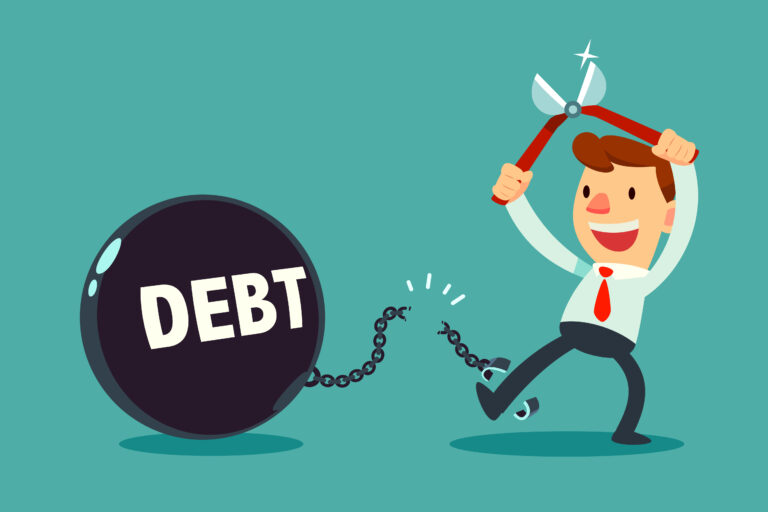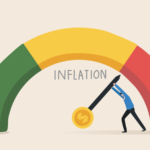Editorial Note: InvestorPlace Beacon independently determines what we cover and recommend. We earn a commission from affiliate partners on many offers and links. However, these commissions do not affect our editors' opinions or evaluations. Click here to read our full advertiser disclosure.

Source: Shutterstock
Being in debt is a stressful, often overwhelming, place to be in life. It can impact your relationships, your job prospects, and your ability to prepare for the future. Whether it’s student loans for a degree you may not even be using, credit card debt from some ill-advised purchases, or that payday loan you had to take out to cover an unexpected car repair, debt often acts as a not-so-subtle reminder of a time you’d rather forget.
But what about when you finally receive that “Paid in Full” notice from the creditor? While it’s okay to treat yourself to some avocado toast and a latte every once in a while, there are some things you should do to not only keep yourself out of debt, but actually get ahead.
Create, and stick to, a budget
Yes, it’s boring, but the best way to avoid experiencing the stress you just went through ever again is to sit down and figure out exactly where your money is going each month.
This does not have to be an elaborate plan. Simply take stock of what your monthly income and expenses are. Contrary to popular belief, having a budget does not mean you can’t spend money on things that make you happy, but it will help you understand what behaviors are the most impactful to your bottom line. My colleague Ashley Cassell gives a great breakdown of how to create and manage a budget here.
Review your banking situation
Most people don’t spend much time thinking about their bank. In fact, consumers often use banks that feel convenient – whether by familiarity or location – but aren’t necessarily the best place to keep their money.
A decade ago, the location of branches and ATMs was the most important consideration when choosing a bank. Now, in a world where most transactions are done online, that’s no longer the case. Changing banks can be a hassle, but sometimes it’s worth it.
After using the same bank for 38 years, I opened a SoFi account to take advantage of the yield they were offering on their savings accounts. I’m a creature of habit, so this was not a decision I took lightly. My only regret is that I didn’t do it sooner.
Things I Love:
- Their rates. At my old bank, I was getting 0.01% APY in my savings account. At Sofi? Up to 4.60%, and there’s no minimum balance.
- Convenience. At my old bank, if I needed money, I had to use one of their ATMs or pay a serious fee. With SoFi you can use any of Allpoint’s more than 55,000 ATMs completely free. Yes, somehow a digital bank that has no branches is more convenient than my old bank that has a branch less than a mile from my house.
- Their app is amazing. Not only does it give you your account balances right on the homescreen, it also provides a snapshot of your spending and savings habits, along with your credit score.
Invest
Do not be intimidated. Investing can truly be for anyone. It wasn’t long ago that the ability to invest was limited to people that had a large amount of disposable income. Brokers often had 5-figure minimum balance requirements, and took a healthy commission every time you wanted to buy or sell a security.
Those things are no longer true. Apps like Robinhood, Stash, Acorns, and even SoFi allow you to trade with just a few dollars right from your phone. It’s called “Micro-Investing,” and it can be a really powerful tool to build out your net worth.
Getting out of debt is a huge accomplishment, and you should be proud. But staying out of debt is just as important, and it is attainable.
So sit down, take a deep breath, and use these ideas to map out a secure financial future.



